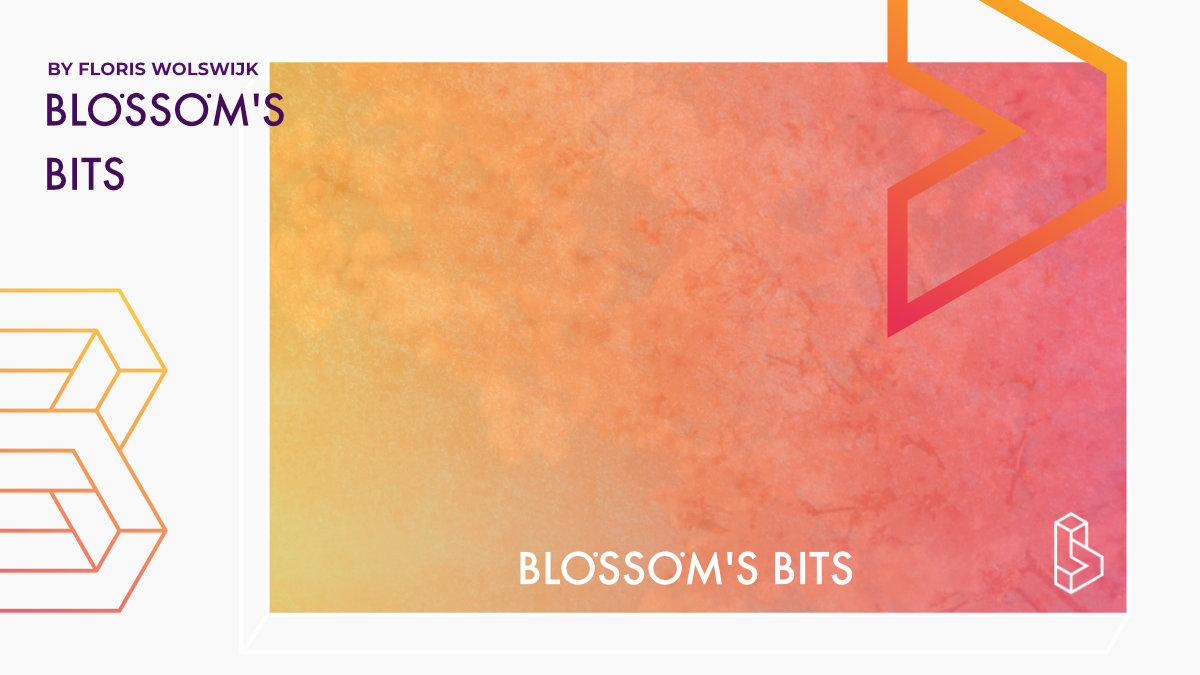Opioid prescriptions for pain can be a godsend. But instead of alleviating pain, opioid addiction is killing hundreds of thousands.
Can psychedelics like ibogaine offer an alternative treatment option?
Opioids like morphine, codeine and oxycodone (not to mention heroin and fentanyl) are generally prescribed by medical professionals to treat moderate to severe pain.
But their (over)prescription results in dependency, overdoses and death.
Opioid use disorder (OUD) has become so widespread in the U.S. that overdose from opioids is one of the leading causes of death in Americans under 50. Over 12 months ending in 2021, over 75,000 overdose deaths in the US were related to opioids.
How did we get here?
People may be prescribed certain opioids by a doctor to assist them with pain – but over time, your body develops a tolerance and may need to increase your dose for the same effect. Within the broken healthcare system of the US, many have found other sources of opioids.
Importantly, this crisis did not begin with the drug themselves but was instead – manufactured. Aggressive lobbying and marketing strategies from Purdue Pharma and the US healthcare system allowed for the incentivisation of prescription practices are just some of the socio-political factors at play
Where do we go from here?
We can start by adopting a sensible approach to drug policy and drug users – harm reduction strategies are imperative – think needle exchanges and supervised injection centres.
Naloxone, a medication that reverses the effects of an overdose, should be widely accessible and affordable.
While people are now more aware of OUD, there is still an unmet need in terms of helping people get the treatment they need.
What about psychedelics?
Psychedelics are proving themselves effective in treating various substance use disorders – the highly prevalent nature of OUD has led some researchers and companies in the psychedelic space to focus their efforts on OUD.
A recent study of people who use drugs in Vancouver found that classic psychedelic use in the last six months was associated with 55% reduced odds of daily opioid use.
The unique effects of ibogaine appear to be helping people with OUD the most – several studies have shown that ibogaine can reduce withdrawal symptoms. Despite the positive effects, it must be noted that ibogaine poses some risk to the heart.
Companies are working with derivatives of the molecules. MindMed hopes to use 18-MC, DemeRx has developed DMX-1002, and Gilgamesh has recently partnered with Columbia University to develop ibogaine analogues.
The focus of these companies is on combatting OUD. But I wonder, will there not also be a place for psychedelics in place of opioids? More on that another time.
Become a psychedelic insider
Get a Pro Membership to enjoy these benefits & support Blossom📈 full reports on Topics & Compounds
🧵 full summary reviews of research papers
🚀 full access to new articles
See Memberships

